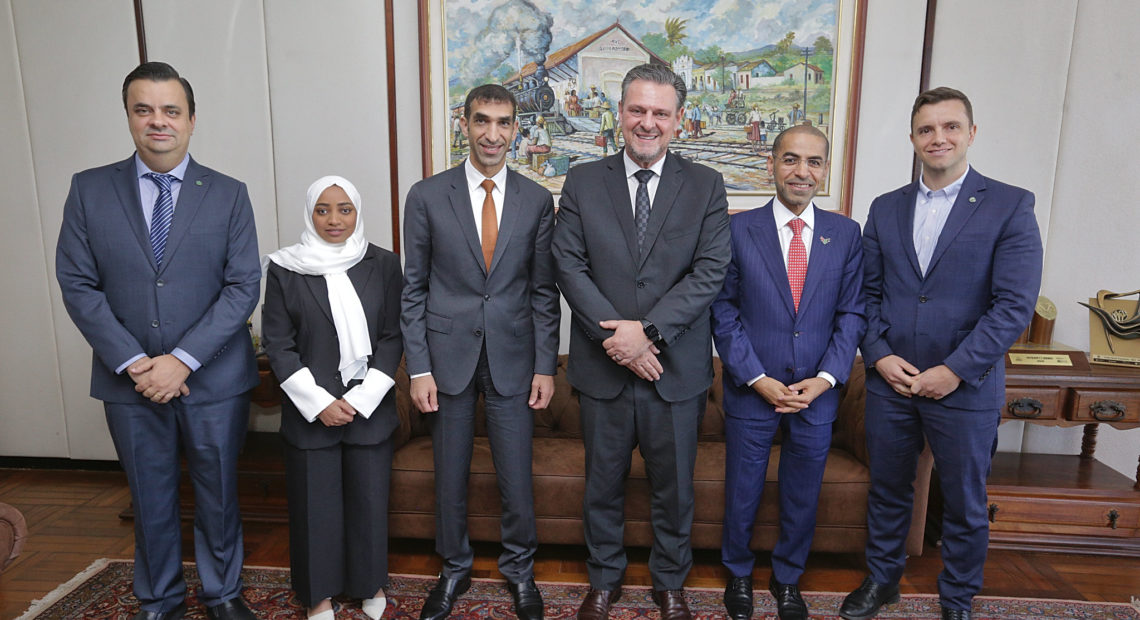Iran’s answer to ‘criminality’ on the internet is not to fight criminality, but to block the internet. In the future, Iranians will have access to only the official national intranet and a whitelist of acceptable foreign sites.
Plans to block access to the internet in Iran and replace it with a national halal (or religiously acceptable) intranet should be complete within the next few months. The first phase was increased control over internet cafes.
Back in January theWall Street Journal reported on new regulations “giving Internet cafes 15 days to install security cameras, start collecting detailed personal information on customers and document users’ online footprints.” It also noted more international sites being blocked, new barriers to social networking sites, and a general slowdown on the network. It likely heralds, said the newspaper, “the arrival of an initiative Iran has been readying – a ‘halal’ domestic intranet that it has said will insulate its citizens from Western ideology and un-Islamic culture, and eventually replace the Internet. This week’s slowdown came amid tests of the Iranian intranet.”
Now the International Business Times is reporting that the next phase, replacing services like Google search and Google, Hotmail and Yahoo webmail with the government’s Iran Mail and Iran Search Engine, has begun. Registration for an Iran Mail account is available online and requires the user’s national ID number. With no access to any alternative email service, users have little choice but to register.
Reza Taghipour, head of the Iranian Ministry of Information and Communications Technology, said in March last year that the internet “promotes crime, disunity, unhealthy moral content, and atheism.” In a new announcement last week he said, “All Internet Service Providers should only present [the] National Internet by August.” Limited access to the outside world will apparently still be available, but only to sites held on a government whitelist.
The “final stage of the national Intranet,” reports IBTimes, “will be launched in August, which will permanently deny Iranians access to the Internet.”



